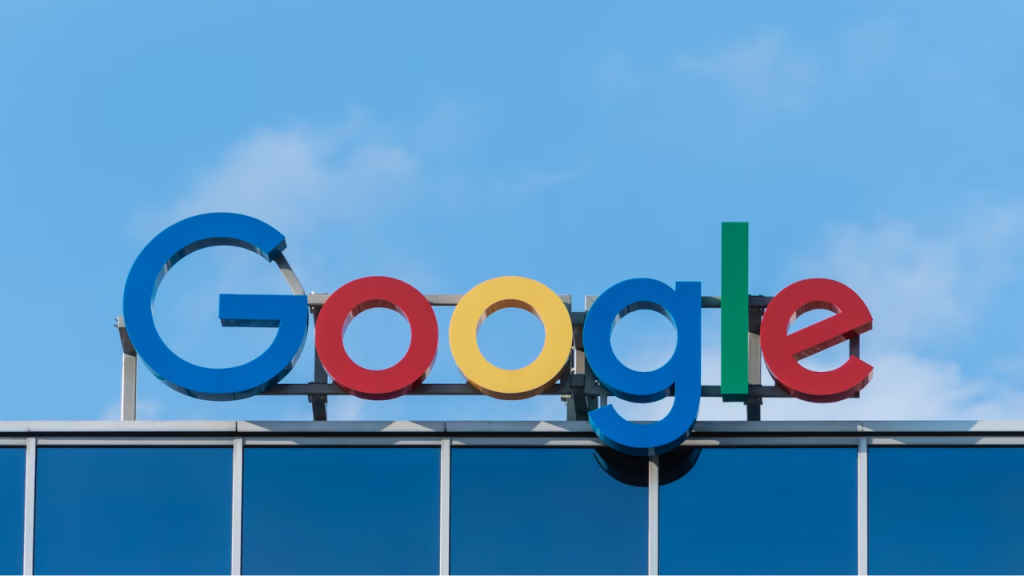Google ruled an illegal monopoly: Impact on future of Search and Big Tech

The unthinkable has happened, as far as Google is concerned. The search engine giant suffered a major setback in its antitrust case, where a US federal court ruled against Google, calling it an illegal monopoly in online search but not in advertising.
Also read: Google loses landmark antitrust case, ruling says it broke law to maintain online search monopoly
Without mincing any words, “Google is a monopolist, and it has acted as one to maintain its monopoly,” said US District Judge Amit Mehta. The strongest criticism of Google’s search empire till date.
The harsh rebuke of Google by the US federal court comes on the back of some revealing findings. Just in 2021 alone, Google reportedly paid $26 billion (or ₹2.2 lakh crore) to various companies to be the default search engine on web browsers and mobile phones, according to testimony from a top company executive in 2023, as reported by Bloomberg. In February 2024, Google accounted for over 95% of the global mobile search engine market worldwide, according to Statista. Google’s dominance in the mobile search market is undeniable, as the tech giant captured over 95% of mobile searches within the United States, according to March 2024 numbers.

All of which indicates the monopolist nature of Google’s actions, according to the antitrust case brought against the search engine giant, which was originally filed in 2020. At the time, the US government regulators accused Google of maintaining its dominance in the search market through anti-competitive tactics, claiming Google erected barriers to entry for competitors.
Not just that, but the antitrust case accused Google of solidifying and protecting its market dominance by unfair means. Judge Mehta’s antitrust ruling against the search engine giant particularly focused on this aspect of Google’s behaviour, where it signed exclusive search agreements with Apple and Android device manufacturers for being the default search engine on iPhones, iPads and Android smartphones. Google obviously knows the value of being the default search engine on devices, as “the default is extremely valuable real estate. Because many users simply stick to searching with the default, Google receives billions of queries every day through those access points,” Judge Mehta ruled.
Judge Mehta further wrote, “The distribution agreements have caused a third key anticompetitive effect: They have reduced the incentive to invest and innovate in search. There is no genuine ‘competition for the contract.’ Google has no true competitor,” thereby concluding that these paid deals for continued dominance contributed to Google’s monopolistic behaviour and its immeasurable control over the search market.
Impact on Google and search engine market
While the US Department of Justice scored a significant win in its antitrust case against Google, thanks to this federal court ruling, the search giant did have some reprieve. Judge Mehta ruled that Google did not hold a monopoly in search advertising and declined to find the company liable for allegedly destroying evidence in this regard.
Google’s president of global affairs, Kent Walker, was guarded in his response. “This decision recognises that Google offers the best search engine, but concludes that we shouldn’t be allowed to make it easily available,” Walker said, responding to the antitrust ruling, while confirming that Google plans to appeal the decision in a higher court very soon.
Also read: Google loses bid to block Android antitrust ruling, will now cooperate with Indian authorities

The immediate impact of this court ruling on Google won’t cause a sudden internal panic, at least for the moment. As far as Google’s day-to-day is concerned, nothing changes. There will be a second trial in court to determine potential fixes to Google’s perceived anti-competitive behaviour, which might at its extreme culminate into the forced breakup of Google’s parent company Alphabet. If such a drastic step is taken by US lawmakers, it would no doubt forever change the landscape of online search and advertising.
More than Google, Mozilla might be impacted very badly by this court ruling. According to Mozilla Foundation’s 2021-2022 financial disclosures, over 80% of its revenue came directly from Google – $510 million of its total annual revenue of $593 million was thanks to Google’s payment for automatically routing every Firefox web browser’s search query through Google’s search engine as default. Imagine if under some new anti-competitive arrangement, Google’s forced not to make those payments to Mozilla going forward? The folks at Mozilla Foundation and Firefox definitely don’t want to imagine this existential threat.
Apple’s another company that will be impacted by this anti-Google ruling, though obviously not as bad as Mozilla. According to The Verge, in 2021 Apple reportedly got paid $18 billion by Google for staying the default search engine on Safari web browser across iPhones, iPads and Macs. Of course, the amount isn’t significant here considering it’s Apple, but the iPhone maker may already be preparing for such an eventuality. Apple’s heightened focus on integrating AI into its services – read Apple Intelligence –, partnering with OpenAI’s ChatGPT and developing its own AI features like Siri enhancements, all these moves are positioned to reduce its reliance on Google. This strategic shift could lead to new agreements with various AI providers, potentially offering users alternative search engine options on their Apple devices in the near future.

As far as AI startups like OpenAI, Anthropic, Perplexity AI and others who are trying to disrupt markets through LLM-powered AI chatbots, this Google antitrust ruling will be a much-needed shot in the arm. The ruling could create a more level playing field for AI startups, allowing them to compete more effectively against Google. Also with Google’s dominance challenged, investors might be more inclined to support AI search startups (SearchGPT), providing them with the necessary capital to grow, innovate and continue disrupting the tech world.
After Google, how afraid should Big Tech be?
Will Google as we know it right now undergo a major change? That’s kind of the trillion-dollar question right now, considering Google’s parent Alphabet has over $2 trillion in market cap – the fourth largest company in the world. Its shares dropped over 4% in the immediate aftermath of the antitrust ruling, highlighting how financial markets are nervously evaluating their prospects and confidence in the tech giant’s future. The process of how Google changes, if at all, won’t finish in a hurry, as the implementation of any potential remedies is expected to be a lengthy legal process, where we might not see anything significant happen until 2026.
While Google’s antitrust ruling and its label as a monopoly is the first major success against a big tech giant by US regulators in over two decades, there’s historical precedent to suggest Google or Alphabet won’t be broken up into smaller companies. In the early 2000s, the US government accused Microsoft of anti-competitive practices related to its Windows operating system. Microsoft agreed to make certain changes in its products and services, but avoided being broken up into smaller companies. Similar thing happened to IBM through the late 1960s till early 1980s, when it fought a long and very expensive antitrust battle with the US government – IBM survived and didn’t break up into smaller companies, as the computing landscape shifted during its lengthy fight with the US government.
After Google’s antitrust ruling, US regulatory focus will be bolstered to go after other Big Tech companies accused of exerting unfair market dominance. Cases against the likes of Amazon, Apple, and Meta, with their immense market shares in e-commerce, smartphones + app store, and social media, respectively, could potentially accelerate for enhanced antitrust investigations. These huge tech platforms have faced growing criticism for their market power and potential anti-competitive practices, making them ripe for legal challenges similar to the one Google endured since 2020 till its landmark August 2024 antitrust ruling
For Google, how it deals with this antitrust setback will be key to its future. I mean, can you imagine the internet without Google search? After all, that is the crux of the matter, whichever way you look at it. As the digital ecosystem evolves, no doubt, Google’s ability to adapt and innovate while complying with stricter government regulations will determine its future dominance in online search and beyond.

Jayesh Shinde
Executive Editor at Digit. Technology journalist since Jan 2008, with stints at Indiatimes.com and PCWorld.in. Enthusiastic dad, reluctant traveler, weekend gamer, LOTR nerd, pseudo bon vivant. View Full Profile




